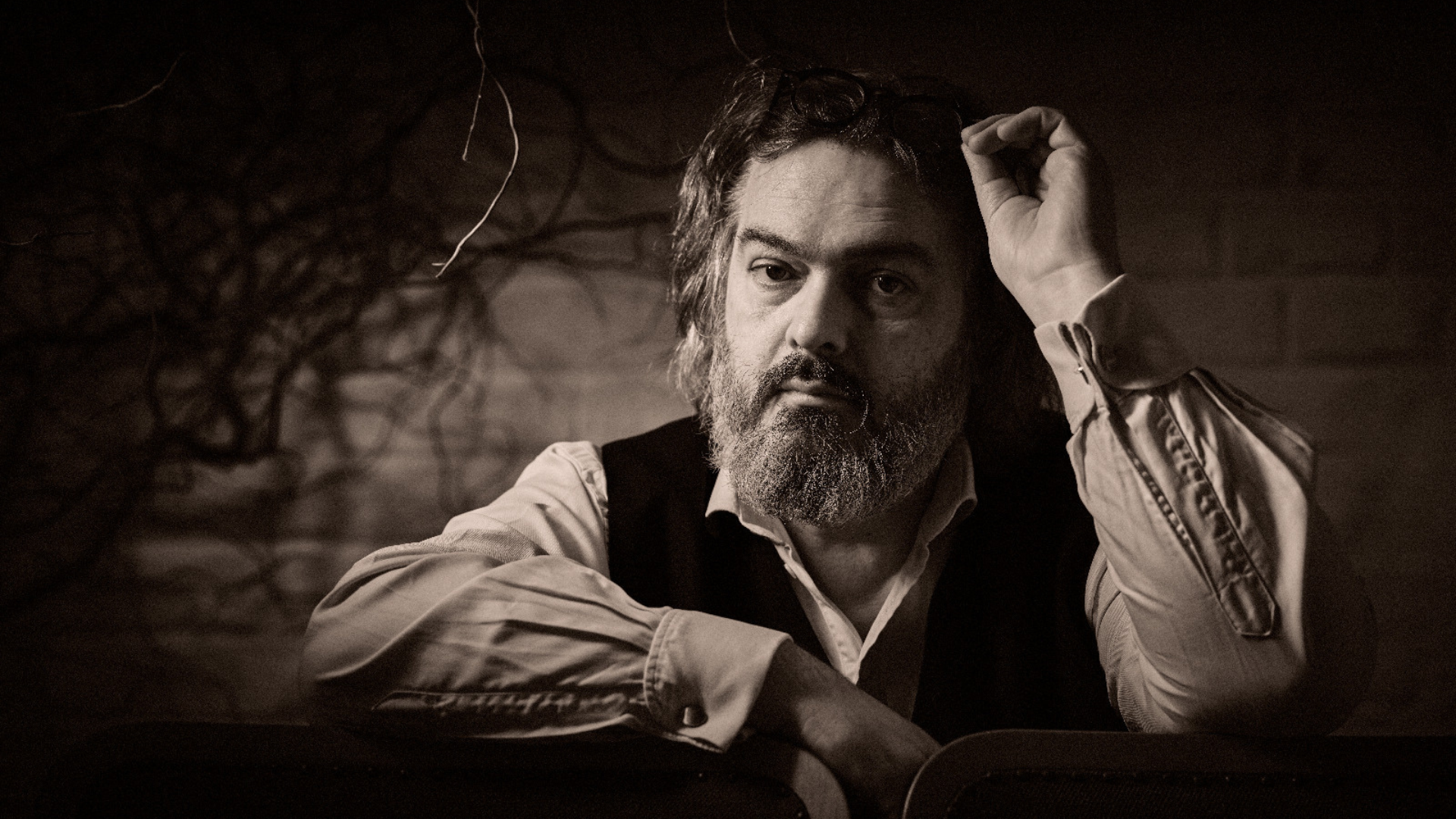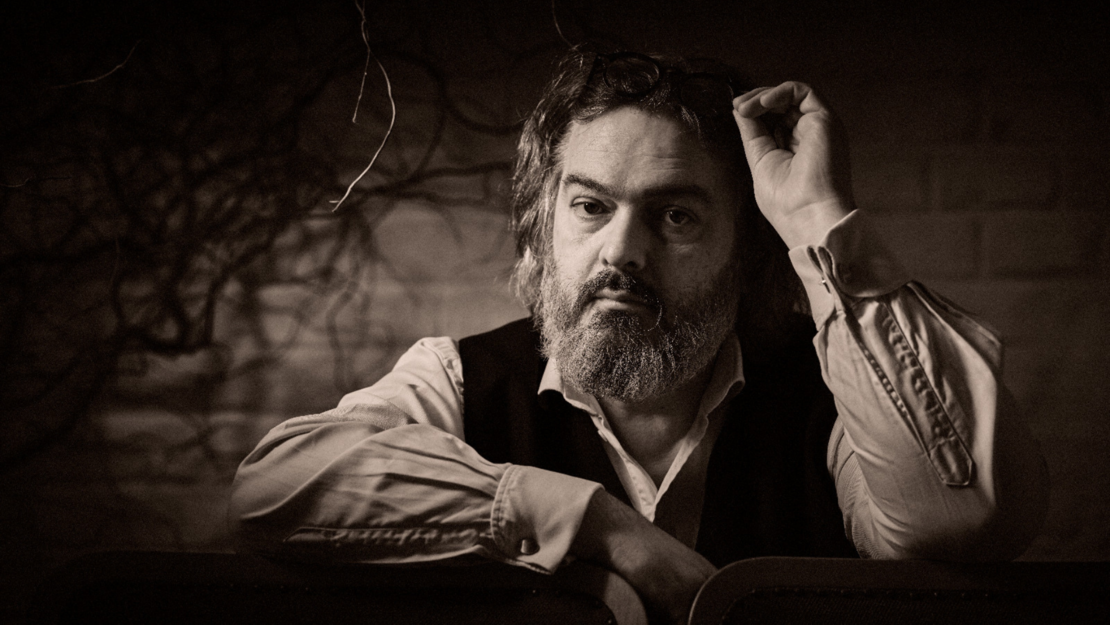His demand for the inclusion of applicable labour law provisions in the funding conditions of the Film Institute (ÖFI) shows that Mr. Dohr has apparently never really had anything to do with the ÖFI. It is precisely this point that is scrutinised very closely during project appraisals, in the case of co-productions even before the start, when the so-called social partners, i.e. employers (specifically the trade association in the WKO) and employees (the trade union), submit a statement on the project in the course of the recognition of the co-production by the Ministry of Economics. In general, the ÖFI checks the employment relationship, compliance with the collective agreement and, especially in the case of filming with children, the observance of labour law regulations in advance and issues a reminder when the documents are presented. We ourselves have produced a film with children, so we know what we are talking about - in the end, everything has to be recorded in the daily reports and I would not advise anyone to falsify them, it is tantamount to forging documents. This is exactly what the ÖFI, as one was allowed to read, examined.
The author of the guest article uses the fact that the ÖFI, or other funding agencies, did not immediately find director and producer Ulrich Seidl guilty, quasi according to the law, when called upon to do so by Der Spiegel, which was the first to publish the article, to make an accusation that culminates in the assertion that the funding system is sick.
I will confine myself to the accusation that industry representatives sit on both the supervisory board and the selection committee of the ÖFI, which would be proof of how "mendacious" this system is if the beneficiaries of these taxpayer-funded institutions control themselves or "promote" themselves, as it were.
As I mentioned before, my colleague Christian Dohr is visibly burdened with all the prejudices and rumours that are discussed during the smoke break at the Film Academy in Vienna, where he studied, or in the canteen of German private television, where he currently works. The industry in Austria - and this is probably the lowest common denominator in a murderous competition for the far too small funding pots - certainly agrees that no matter what the decisions of the funders are, we always have to perceive them as unfair because there is simply too little money for the amount of good film ideas. Dohr is partly right about the accusation that only the same people and the same things are always funded (see also my diploma thesis/master's thesis on the subject, where I go into this in detail and make comparisons with Germany, where the situation is basically not much different), but to attribute this solely to the fact that industry representatives sit on the aforementioned committees falls short.
Such decisions are made primarily by the ÖFI and the Vienna Film Fund, the largest regional funder - the aforementioned FISA decides according to rather formal criteria, the ORF, which is legally obliged to co-finance cinema films via the Film and Television Agreement, decides in the editorial department (which is also its right). Of course you can criticise this, especially if you don't get a chance - but this now affects the majority of submissions because, as already mentioned, the funding pots are simply too small. A different composition of the committees would bring about different decisions, but whether they would turn out better is something no one can honestly judge.
In my opinion, what would be good for funding in general, besides more money, would be more transparency. So I would like to see the publication of funding decisions accompanied by a list of all submissions and a ranking, an order of the projects (at least for the production, i.e. the financing of the film) and a clear dividing line as to where the budget would have gone. The ranking would also have to be transparent, whereby the judgements will always be subjective, no matter who sits there. What is still needed are clear instructions or more legal certainty, by which I mean that points of criticism that are sent along with a rejection, for example, are then also taken into account. At the moment, the next commission can decide quite differently, not least because completely new projects are on the table and the dilemma remains the same: only a fraction can be funded. With a lot of bad luck, not even the most successful change will be of any use and it will be another rejection.
But what Mr. Dohr writes about Ulrich Seidl is unacceptable. Why can't the colleague name any specific accusations against Ulrich Seidl? But he writes: "enough has been said without much relevance or consequence". Personally, I don't even know Ulrich Seidl from saying "hello" at a festival, but this form of treatment is simply disrespectful. If Mr. Dohr thinks Seidl is a horrible director who exploited little children in Romania, then say so - you can also say you don't like his directing methods, you don't like his films and you don't like him personally. I'm convinced that Seidl can live with that by now, and if it's not true, that is, about the little children in Romania, they'll get a letter from his lawyer. Don't go waffling around and derive a conclusion about the funding system from it without any expertise.

